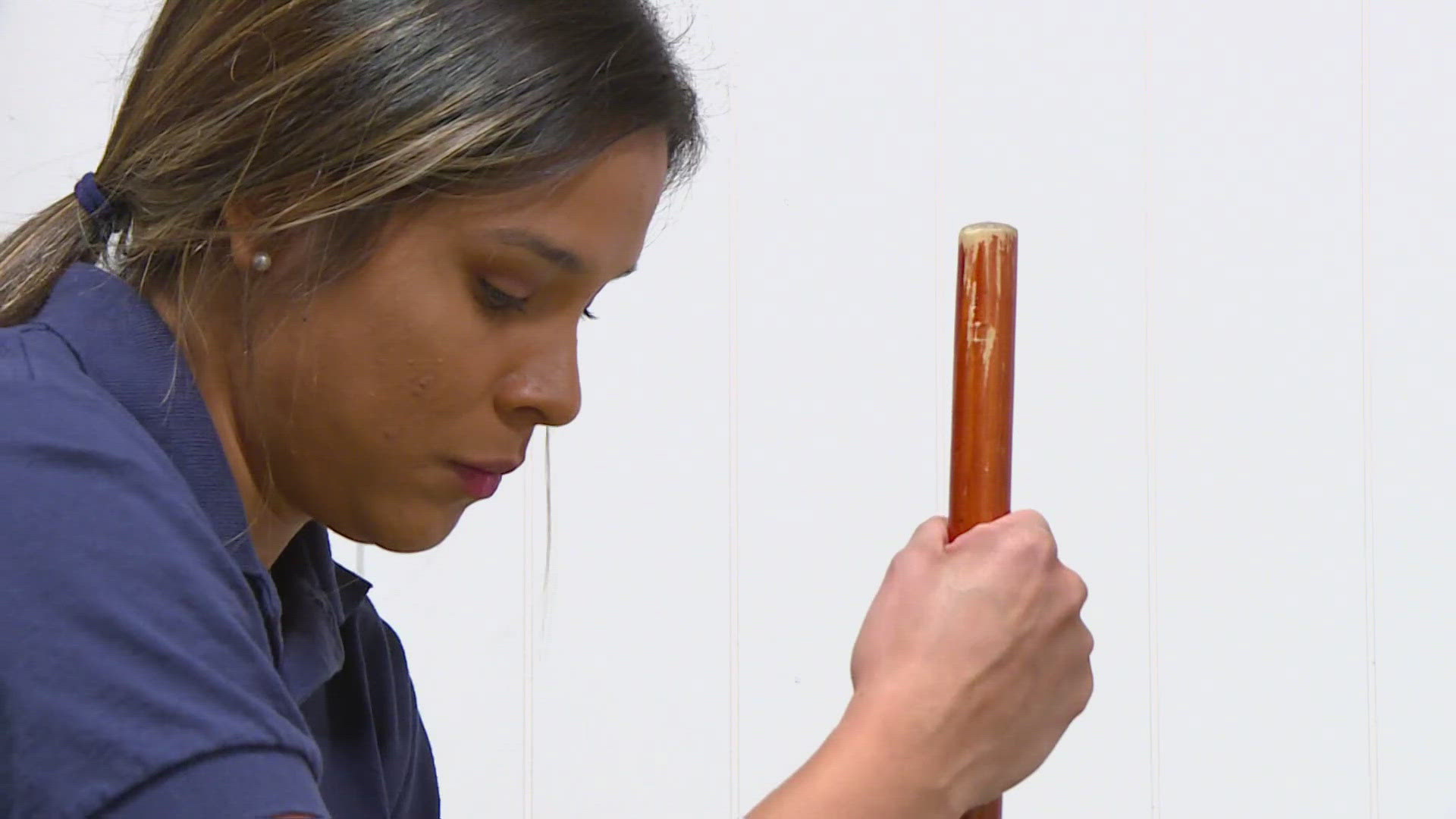EDGEWATER, Colorado — Two years ago, Deisy Berbesi arrived in the United States from Venezuela. She graduated from university in her home country, but started again from scratch once arriving from Denver. She found work as a residential cleaner and quickly learned she wasn't getting paid fairly or seeing much of her wages from her services.
"It feels very depressing and unjust because as an immigrant, I always give my best to my work and with myself so that they are fair with me, and it is really, really depressing that there are people like that who try to benefit from people like me who come to this country to get ahead," Berbesi said in her native Spanish language.
Berbesi said she had a bad experience while working with one individual, which was the moment she realized they were paying her unfair wages.
"That was what made me push to go out and reinvent myself with this new cooperative," Berbesi said.
She is one of six members of Edgewater Cleaning Cooperative, marking a significant step forward in the fight against labor exploitation in the cleaning industry. It was launched by organization Edgewater Collective, which is now the fourth cooperative they are operating.
"We found out a lot of people doing that job were not getting paid what they are supposed to, not even minimum wage, and that's when they need it the most, right," said María Martínez, program director.
Martínez said they discovered companies or middlemen would negotiate on behalf of cleaners and later take the majority of their pay.
"There was no transparency. There was no justice, no respect, no humanity towards the people who are working," Martínez said.
The cooperative will help members create their business and negotiate their pay per service "without having to share this money with people who have not done the work they have done."
"The hope is that they can achieve, create fair income and they they can have control over their lives, their rights," Martínez said.
In Berbesi's case, she knows she was taken advantage of as an immigrant. The community is considered incredibly vulnerable due to language barriers and their new-to-country status that means they may not know what kind of pay is expected or their options for recourse when they are victims of wage theft or exploitation.
"It is much easier for them to take advantage of the situation that we immigrants find ourselves in because as we do not know the language. We do not know how much money they can pay us for doing a cleaning service and for them, they benefit from that, taking advantage that we don’t know as immigrants what are rights are," Berbesi said.
Berbesi says she is encouraging other immigrants to join.
"I feel proud that what I'm doing is with love and affection," Berbesi said. "It's also for my family to give them a better quality of life. Which will not only be for me, but for my family as well."

